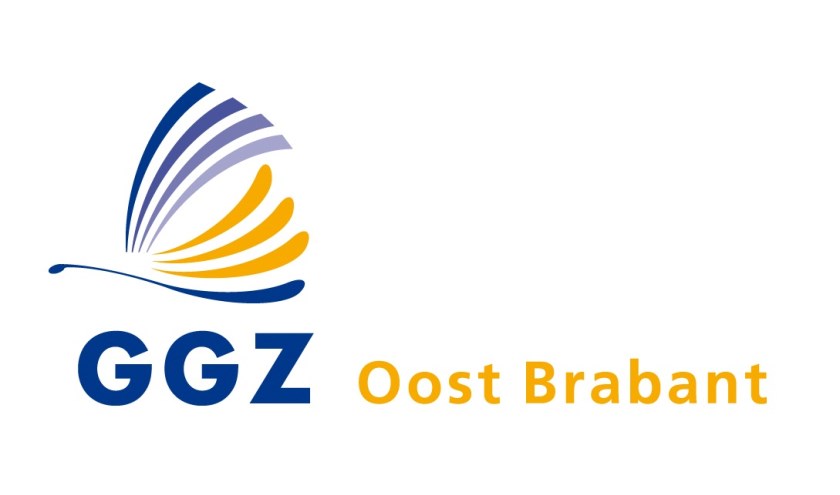GGZ Oost Brabant organises video consultations via private Jitsi
Video calling: Safe online communication in healthcare
 If there's one sector which has to care about the privacy sensitivity of video calls, it's mental healthcare. When GGZ Oost Brabant decided to use video calling for meetings and in treatment programs, it didn't happen overnight. Due to requirements which were difficult to reconcile, two different tools were developed for both their meetings, and in treatment programs. In practice they turned out to not be completely satisfactory. BIT offered a suitable solution in the form of a private Jitsi, which combines all requirements in one tool.
If there's one sector which has to care about the privacy sensitivity of video calls, it's mental healthcare. When GGZ Oost Brabant decided to use video calling for meetings and in treatment programs, it didn't happen overnight. Due to requirements which were difficult to reconcile, two different tools were developed for both their meetings, and in treatment programs. In practice they turned out to not be completely satisfactory. BIT offered a suitable solution in the form of a private Jitsi, which combines all requirements in one tool.A certified video service for healthcare
Few video services exist which fully comply with NEN 7510 and GDPR, two security and privacy guidelines that are sacred to GGZ Oost Brabant. Project leader Healthcare & ICT Frank Kuiper explains: “We want to be absolutely certain that no conversations are recorded. We also want all data to remain in the Netherlands and the assurance that conversations are encrypted. In addition, the environment must be secure. But it should also not be easy for a practitioner to accidentally – because they're not paying attention for example - invite the wrong person to a group session. Employees must therefore be supported in complying with NEN 7510 and the GDPR.”
A market survey conducted by GGZ Oost Brabant in 2019 revealed two solutions that met these requirements: one for internal use and another tool for client contact. These tools were rolled out in the beginning of 2020, but it soon became apparent that the client contact tool did not handle group sessions well, even though this treatment form is frequently used. Kuiper: “So we needed additional tooling. When the corona pandemic broke out and our country went into intelligent lockdown, there were plenty of providers who temporarily offered free services to healthcare organisations, but we were looking for a long-term solution. A solution which is not too expensive but gives us complete control nevertheless.”
Control over costs
A colleague had already experimented with the open source software Jitsi and was enthusiastic about it. “Jitsi offered all the functionality we are looking for and is interesting from a cost point of view because it is an open source tool,” Kuiper says. However, he did not know whether it would work on the scale that GGZ Oost Brabant had in mind. It was clear that the organisation needed help setting up the environment and providing sufficient bandwidth and resources.
This is where BIT comes in. An article about privacy in video calling was decisive in the decision to call on BIT. Kuiper: “BIT made a number of statements that made sense and that gave us the confidence that we have come to the right place. You can use a public service with Jitsi, but BIT advised setting up a private environment in view of the importance of privacy and scale. That way we have 100 percent control over costs and security.”
“BIT made a number of statements that made sense and that gave us the confidence that we have come to the right place. You can use a public service with Jitsi, but BIT advised setting up a private environment in view of the importance of privacy and scale. That way we have 100 percent control over costs and security.”
Integration in EPD and client portal
It was an absolute requirement that it should be an easy-to-use solution for all users, both employees and clients. For information analyst Dirk van Gameren, it was therefore clear that Jitsi had to be integrated into the EPD that practitioners work with and into the client portal ‘MijnGGZOostBrabant’. “Both therapists and clients do not have to open a separate tool, they can stay in their own environment. They can choose whether they dial in via a desktop or laptop, or whether they use the app on a tablet or smartphone.”
Teething problems and trial and error
GGZ Oost Brabant was the first customer at BIT who wanted to integrate Jitsi into their own environment. “It took some trial and error to discover how to do that,” says Van Gameren. The team ran into various technical problems that caused the necessary teething problems. “We are improving step by step. Other healthcare organisations can of course learn from us”. It turns out there is such interest; GGZ Oost Brabant has already served as a reference for two other care organisations.
Shorter and more frequent contact
In the intelligent lockdown phase, intensive use was made of the new possibilities, both for digital meetings and for treatments. For certain clients, for example disoriented people with a long mental health history, and for certain treatments, such as trauma therapy - video will never work. In the majority of consultations however, it will take a permanent role. Many therapies will take an ad-hoc approach, whereby it will differ per client whether the emphasis will be on face-to-face or video contact. Kuiper concludes: “The most important thing is that the client knows that he or she can always turn to a practitioner in the right way. Corona was not the reason for us to introduce video consultations and video conferencing, but it did act as a catalyst. Consequently, it has become a mature instrument in a very short time.”
The solution for GGZ Oost Brabant:
Would you like to know more about secure video calling?
Then please contact us for a free quote or a tour through our data centers.
Safe video calling within healthcare
Request quote


